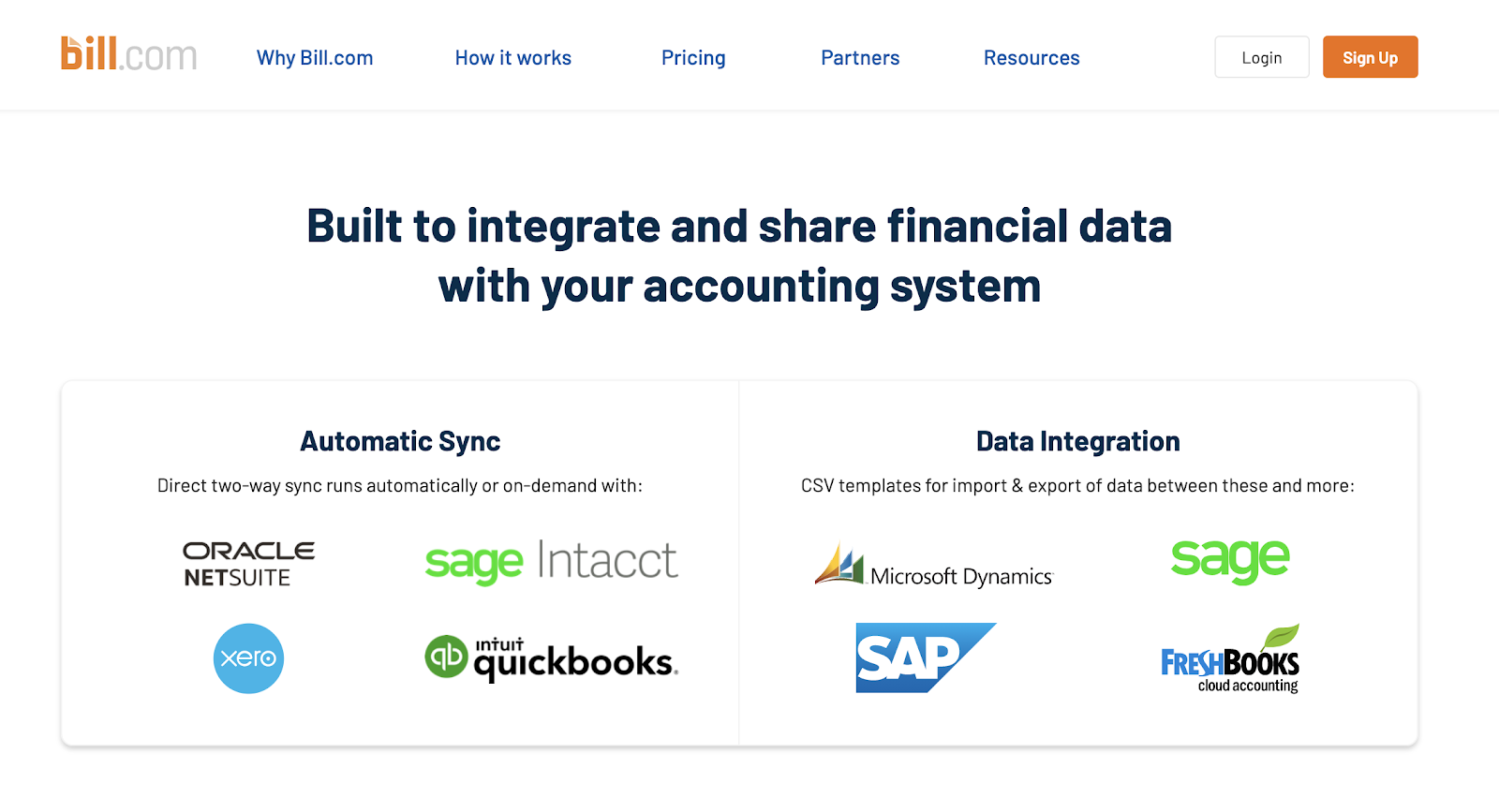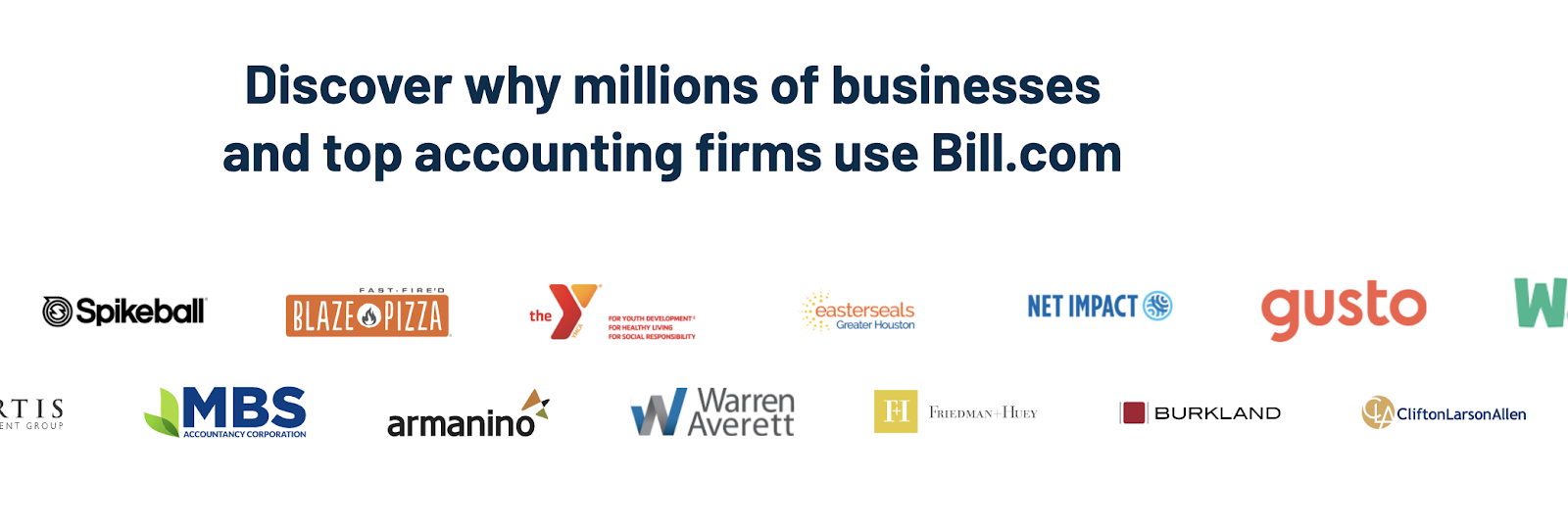Trust issues are considered the number one cause of breakups.
Not just in romance.
But in business too. Trust to achieve something. Trust to take care of something. Trust to deliver. Trust to be a good colleague, mentor or peer.
Trust is an important factor of all things in life yet is often underestimated when it comes to B2B marketing and its role in the customer’s journey. Building trust in B2B is a game of touchpoints.
Every day your brand goes to the market and interacts with people. Those interactions day in and day out have the ability to strengthen or weaken the level of trust people have with you. In a few recent interviews with Shopify’s CEO, Tobias Lutke talks about a trust battery at work:
A concept we talk a lot about is something called a “trust battery.” It’s charged at 50 percent when people are first hired. And then every time you work with someone at the company, the trust battery between the two of you is either charged or discharged, based on things like whether you deliver on what you promise.
This happens in marketing too.
When your brand is getting press for hiring a great new CFO — that charges your trust battery in the eyes of your customers. When your brand is getting press for poor employment practices — that discharges your battery. When your brand is getting positive reviews online — that charges your battery. When your brand is getting lit up by a CEO who hates how your sales team reached out to them on Twitter — that discharges your battery.
It all compounds and it all plays a role in trust.
There are many factors that contribute to the creation of a strong level of trust between a brand and its ideal audience. A brand that launched yesterday with an unknown founder is going to have to play an entirely different game than a brand launched yesterday with a founder who has built an audience and community around their niche. The difference between the two starting points is rooted in the fact that one company is going to the market with an established trust battery while the other is running on empty and will need to gain trust over time.
Smart brands see the importance of trust and invest in building it.
In industries where you’re dealing with sensitive information or important company data; trust is crucial. A software company with access to your banking information is going to require a solid amount of trust to sell to an organization or individual on why they’re worth trusting. Every single day that brand should be working to charge and maintain a strong charge in that battery between them and their ideal customer.
One of my favourite companies leveraging the power of trust is Bill.com. Every single day millions of dollars worth of transactions are completed on the back of Bill.com’s infrastructure. It’s a service that allows organizations to create bills, send bills, pay bills and get paid.
They’re dealing with important information.
They’re dealing with big money.
So, they need to have a strong trust battery. It’s clear that they realize this as when you visit their site you’re quickly met with a handful of trust-building messages that give the visitor little charges of trust that will strengthen their connection with the brand.
For example, you can scroll through their site and quickly be met with logos for some of the top accounting solutions in the world. From Oracle and Sage to SAP and Intuit – by showcasing their integration partners Bill.com removes any distrust that could be established by being viewed as not having a robust set of high-quality partners. It also immediately forces any finance professional to let their guard down by seeing logos of solutions they’re likely already using:
 Integration partners are a great way for software companies to build trust on the back of brand equity & reputations that have already been established. Aligning your company with businesses and solutions that your ideal customer is already investing in offers the ability to accelerate your trust battery and remove the chance of a bad first impression. A lot of buyers come to a SaaS product’s website with a little bit of baggage that screams:
Integration partners are a great way for software companies to build trust on the back of brand equity & reputations that have already been established. Aligning your company with businesses and solutions that your ideal customer is already investing in offers the ability to accelerate your trust battery and remove the chance of a bad first impression. A lot of buyers come to a SaaS product’s website with a little bit of baggage that screams:
But… How much work is it really going to take to get this integrated internally?
The logos of your integration partners (and the solutions they use) immediately build additional trust and help ease their minds as it relates to how painful it may be to integrate with their existing system. This simple act of showcasing the logos of integration partners goes a long way in building trust with potential customers and starting your relationship on the right foot.
As you scroll through Bill.com, that battery gets charged even more when you’re met with a scrolling set of businesses that use their site:
 From Blaze Pizza and the YMCA to Gusto and Spikeball – businesses of all shapes and sizes are using Bill.com. This scrolling carousel of logos that they work with is a powerful way to charge up that trust battery. It’s a message that makes it easy for a CPA to say “Oh, I know Georgia who works for Blaze, I’m going to ask what she thinks about Bill” or “Well… If it’s good enough for Gusto… It’s good enough for me.”
From Blaze Pizza and the YMCA to Gusto and Spikeball – businesses of all shapes and sizes are using Bill.com. This scrolling carousel of logos that they work with is a powerful way to charge up that trust battery. It’s a message that makes it easy for a CPA to say “Oh, I know Georgia who works for Blaze, I’m going to ask what she thinks about Bill” or “Well… If it’s good enough for Gusto… It’s good enough for me.”
There’s a lot of trust power in showing logos.
At Foundation, we don’t have any of our client logos on our site.
We made this decision intentionally because every day we’re creating and distributing content on behalf of our clients. We write White Papers on their behalf. We write tweets on their behalf. We write emails on their behalf. We even manage LinkedIn posts on their behalf… So sharing who our clientele is could overshadow the actual work and by not talking about them publicly we are able to build our trust battery with new partners by letting them know that we won’t talk about our work with them in the public domain.
But we have no issues with our clients doing the talking for us.
If a client decides to tweet that they’re working with us…
Amazing.
If a client decides to write a LinkedIn update about working with us…
Amazing.
Or if a client tells people in their marketing mastermind about us…
That’s cool too. We have no issues with our clients doing our praises. You shouldn’t either.
Bill.com does an excellent job at leveraging positive customer feedback in their marketing mix by running a series of ads that charge up that trust battery. If you visit their site and are looking at one of the category pages associated with ‘Small Business’ you will quickly be met with remarketing ads on Facebook that talk about Bill being named the Leader of Small Business Software by G2 users in the Fall of 2020. If you’re on their ‘Accounts Payable Automation’ page and go to Facebook without signing up — once again you’ll be remarketed with ads.
Here’s what they look like:

Brilliant right?
These ads are sure to charge up that trust battery with any individual browsing through their site and thinking about signing up for Bill.com. They leverage the collective voice of the people who loved their product so much that they left a review on G2 to generate more customers.
The result?
Today, Bill.com has a market cap of 10.38B. It was called by a Forbes journalist the Boring Bookkeeper of Fintech. Well… Take a dose of boring, sprinkle on some trust and you have yourself a Fintech Giant that is showing no signs of slowing down.
Build trust now.
Enjoy the rewards later.







